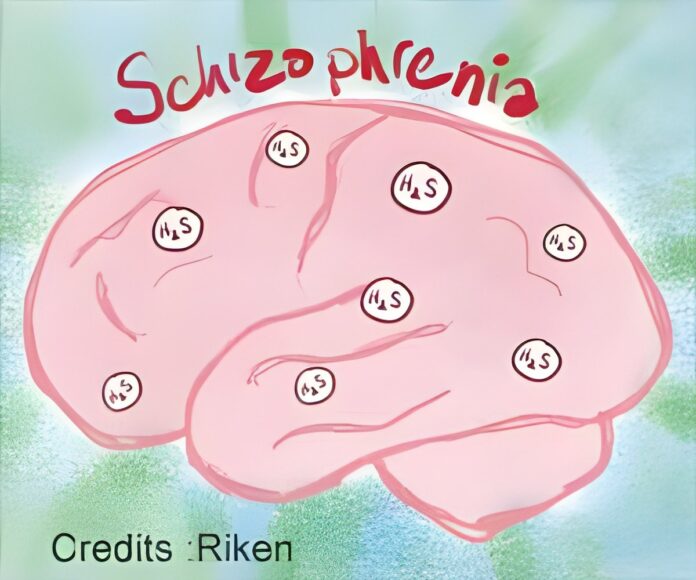Prof. Peter Falkai’s groundbreaking research on brain plasticity and myelin regeneration is revolutionizing schizophrenia treatment and reshaping mental health care.
Renowned psychiatrist Professor Peter Falkai has provided groundbreaking insights into novel treatments for schizophrenia, focusing on his revolutionary studies on brain plasticity and myelin regeneration.
Recently appointed as the Director of the Max Planck Institute of Psychiatry, Professor Falkai is challenging traditional views of schizophrenia. He is developing innovative methods that hold significant potential for advancements in therapy.
“I have been convinced that schizophrenia is a disorder of disturbed regeneration,” says Professor Falkai, whose studies have shown that aerobic exercise can help patients with cognitive dysfunction regain lost hippocampus volume.
“Our research group could develop several lines of evidence from post-mortem, imaging genetics, and induced pluripotent stem cell studies, which point to myelin-based plasticity and the involvement of the synaptic machinery.”
To promote myelin regeneration and increase cognition in patients with schizophrenia, Prof. Falkai’s team is currently working on a novel randomized controlled study that combines aerobic exercise with the repurposed medication Clemastine.
Treatment methods could be completely changed by this novel strategy, especially in the early stages of the disease.
Bridging Research and Clinical Care in Schizophrenia Treatment
As President of the World Federation of Societies of Biological Psychiatry and former President of the European Psychiatric Association (2021-2023), Prof. Falkai’s influence extends far beyond the laboratory.
Advertisement
His appointment at the Max Planck Institute creates an unprecedented opportunity to bridge the gap between basic research and clinical application. Prof. Falkai’s journey into psychiatric research began with a fascination for neuroanatomy during his medical studies.
A pivotal collaboration with Bernhard Bogerts led to significant findings that challenged the view of schizophrenia as a degenerative disorder. Their research showed no significant gliosis (scar tissue formation) in the patient’s brain samples, redirecting attention to regenerative capabilities.
Advertisement
This perspective shift has profound implications for psychiatric treatment. “Only by understanding the mechanisms of mental disorders will we be able to conceptualize mechanistically informed new treatments,” Prof. Falkai emphasizes. His current work on disturbed myelin plasticity aims to develop targeted treatments for specific patient subgroups.
The impact of Prof. Falkai’s research extends beyond the laboratory. As site spokesperson for the German Centre for Mental Health, he plays a crucial role in translating scientific discoveries into practical therapeutic applications. His work exemplifies the institute’s commitment to advancing psychiatric care through innovative research.
Professor Peter Falkai’s Genomic Press interview is part of a larger series highlighting the people behind today’s most influential scientific ideas. Each interview in the series offers a blend of cutting-edge research and personal reflections, providing readers with a comprehensive view of the scientists shaping the future.
By combining a focus on professional achievements with personal insights, this interview style invites a richer narrative that both engages and educates readers. This format provides an ideal starting point for profiles that delve into the scientist’s impact on the field and touch on broader human themes.
Reference:
- Peter Falkai: In order to understand the neurobiological origins of psychoses we need to understand the genetic underpinnings of brain plasticity and its modulation due to environmental risk factors – (https:gp.genomicpress.com/wp-content/uploads/2024/11/GP0085-Falkai-2024.pdf)
Source-Eurekalert


